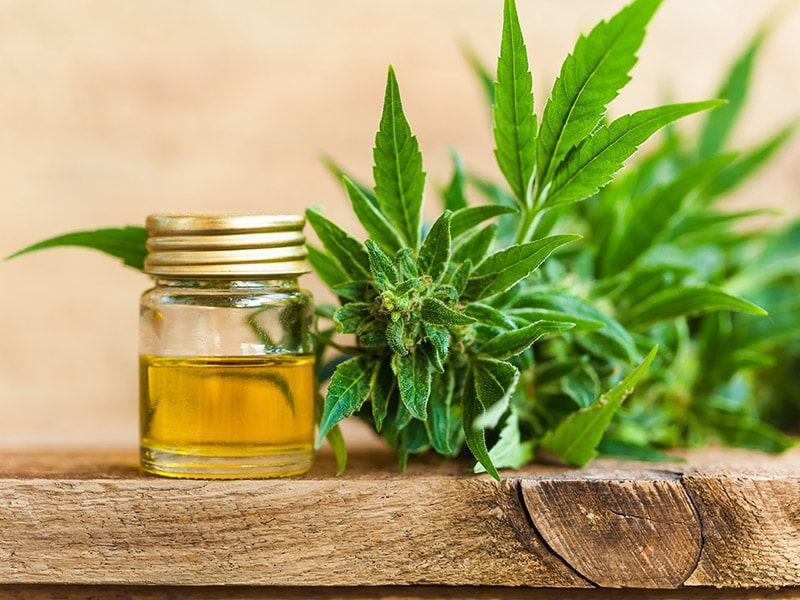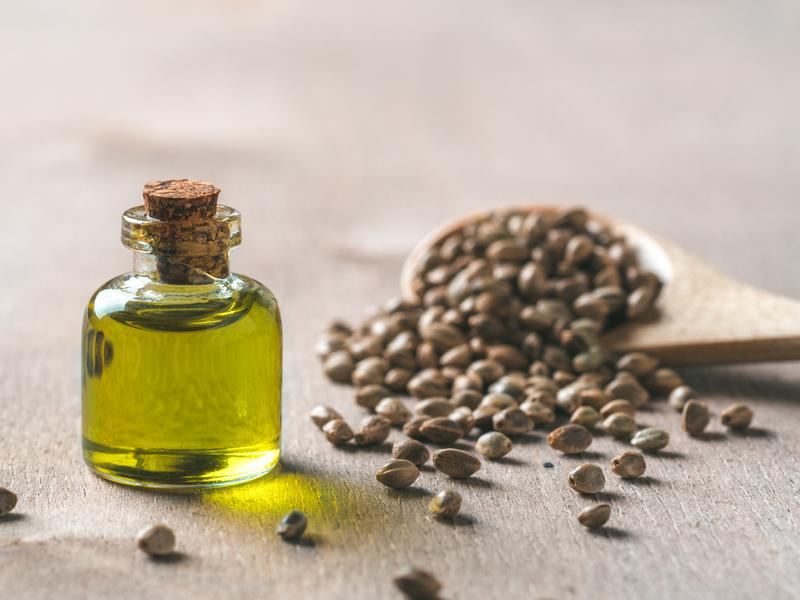What is CBD oil?

Cannabidiol, or CBD, is one of more than hundreds of cannabinoids that exist in the Hemp sativa species. These natural compounds are unique because of the way they interact with our bodies, and CBD is no exception to the rule.
CBD’s function as a cannabinoid is diverse, but one of the main reasons it is so accessible is due to its non-psychotropic characteristics and excellent safety profile. As such, CBD oil (cbd oil) is one of the most popular cannabidiol products.
Cibdol CBD oil is available in several varieties and concentrations to suit consumer needs.
How does CBD oil work?
CBD belongs to a class of organic compounds called phytocannabinoids (commonly referred to as cannabinoids). These compounds are unique due to their ability to influence the human body through the activation of the following receptors:
- CB1 and CB2
- TRPV
- GPR55
CB receptors, or cannabinoid receptors, influence a regulatory system known as the endocannabinoid system (ES). Its main function is to act as a homeostatic regulator, supporting how the body balances the various biological systems.
CBD’s influence on the SE is extraordinary because it acts as a “general manager” of the entire system, rather than binding to CB receptors. It supports the SE as a whole to help the body function in a state of balance.
By encouraging the production of beneficial endocannabinoids, enzymes and neurochemicals, CBD is thought to impact our digestive, central nervous and peripheral nervous systems, among others. When our body is in a balanced state, it operates at its maximum efficiency and is better equipped to handle fluctuations in our physical and mental health.
What effects can CBD oil have?
Due to the unique interaction between CBD and the endocannabinoid (SE) system, the compound can influence dozens of physiological processes and systems. Research is ongoing, but pre-clinical studies suggest that the compound may have the following properties:
- Anti-inflammatory
- Antioxidant
- Anxiolytic
- Anti-hyperalgesic
- Analgesic
How long do the effects of CBD oil last?
Generally, CBD oil will begin to take effect approximately 40-60 minutes after consuming it, with the effects of CBD lasting for several hours. Alternatively, when taken sublingually (under the tongue), the effects occur much more quickly due to the rapid absorption through the oral mucosa. However, the effects of CBD ingested via the sublingual route do not last as long as with CBD oil consumed orally.
Keep in mind that factors such as metabolism, body weight, CBD oil concentration, and dose frequency can also affect both the onset and duration of effects.
It is essential to start with a low dose of CBD until you get used to the effects of the compound. To enjoy the best experience with CBD, experiment using different consumption methods to find out which one best suits your lifestyle and needs.
What is the best CBD oil for you?
There is no single product that can be considered superior and buying the right CBD oil will be a matter of personal preference.

Along with traditional CBD oil, we also offer a wide selection of alternative carrier oils. In conjunction with our gold standard CBD, hemp oil, olive oil and black cumin seed oil provide a wide variety of secondary benefits.
Hemp oil, for example, contains a high amount of antioxidants along with plant protein and omega-3 and 6 fatty acids, while black cumin seed oil will not disturb or upset the delicate balance of terpenes and cannabinoids in our full-spectrum formula.
Finally, if CBD oil is difficult to incorporate into your daily routine, we have a variety of CBD softgel capsules in concentrations of 4 and 10% to enjoy a tasteless, odorless alternative. CBD softgel capsules contain a predetermined dose of CBD and oil.
To find out more information about the possible benefits of the top 10 percent cbd oils, please click the link provided.


 How to Create a Successful Financial Freedom Plan
How to Create a Successful Financial Freedom Plan  How to Use Social Media for Brand Building
How to Use Social Media for Brand Building  SEO Tools vs. Manual Optimization
SEO Tools vs. Manual Optimization  How Interest Rates Affect Home Prices
How Interest Rates Affect Home Prices  Pets Analysis Online Ecommerce Store
Pets Analysis Online Ecommerce Store  Medical Alert System Costs
Medical Alert System Costs